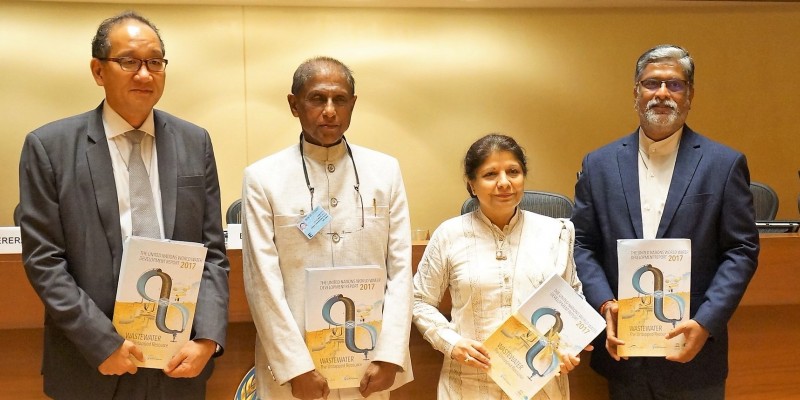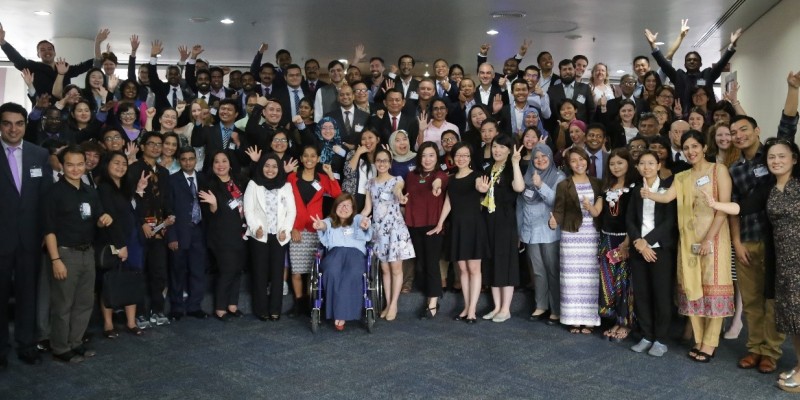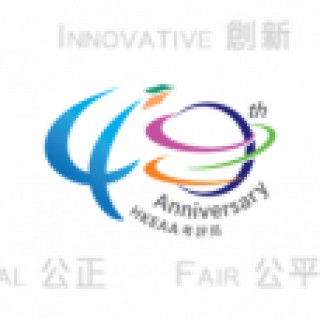NEQMAP aims to improve the quality of learning in the Asia-Pacific by enhancing the use of student learning assessment to strengthen education systems.
The Network on Education Quality Monitoring in the Asia-Pacific (NEQMAP) serves to strengthen education systems to improve the quality of education in Asia-Pacific through collaborative efforts. The network will provide a forum for exchanging of expertise, experiences and lessons to improve the quality of learning in education systems of countries in Asia-Pacific, with the eventual aim of influencing policy reforms.
While the network will primarily focus on issues relating to student learning assessment to ensure alignment with curriculum and pedagogy, other closely related topics such as teachers will also be addressed.
Activities of the network would focus on knowledge sharing, research and capacity building among all stakeholders of the network and beyond.
The Inaugural Statement provides the rationale and context for setting up of the network.
The Terms of Reference provides more details on the structure and working modality of the network.













